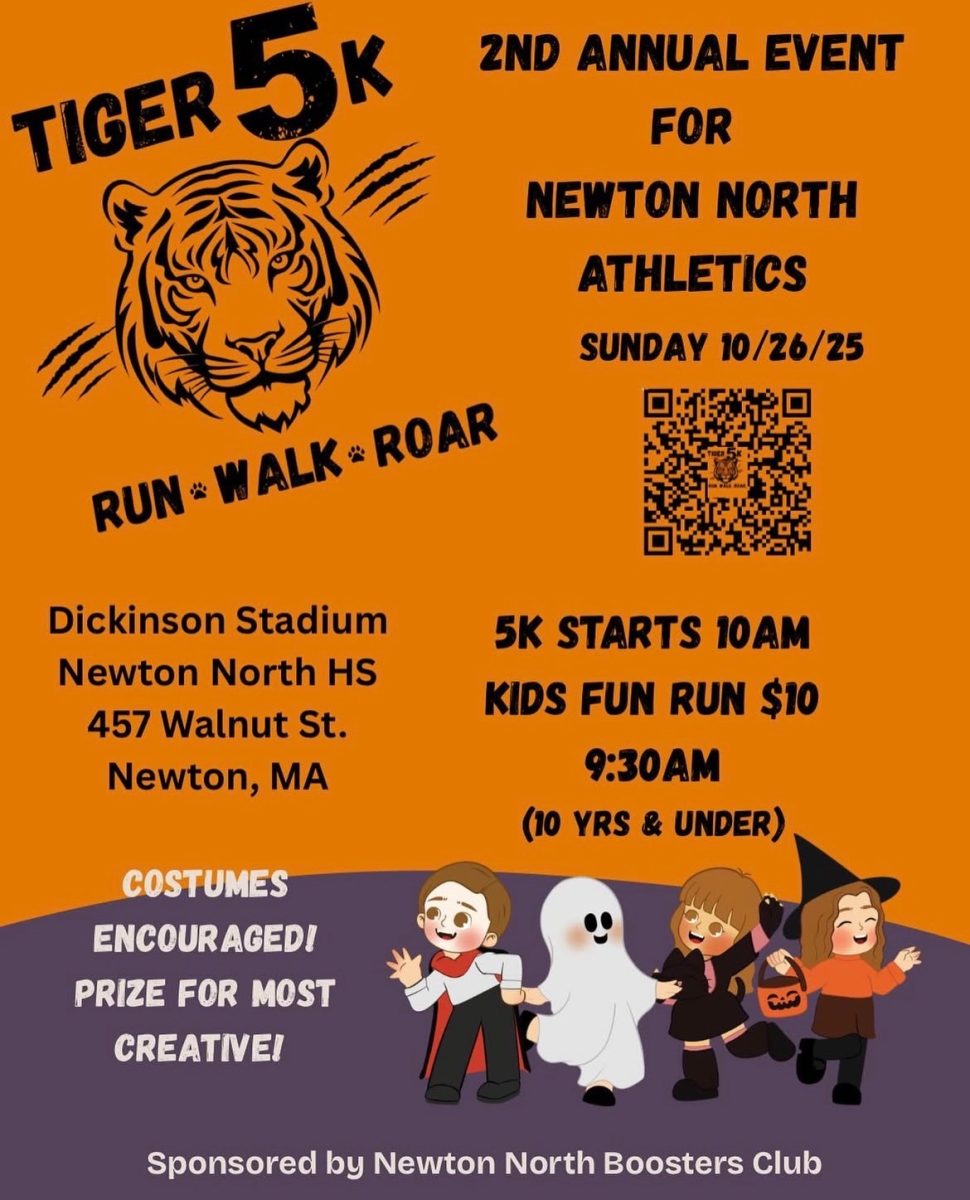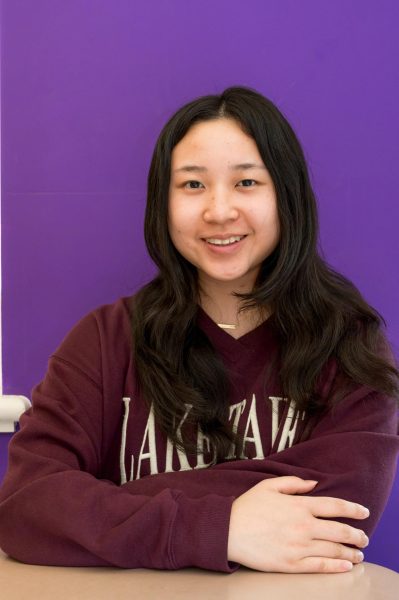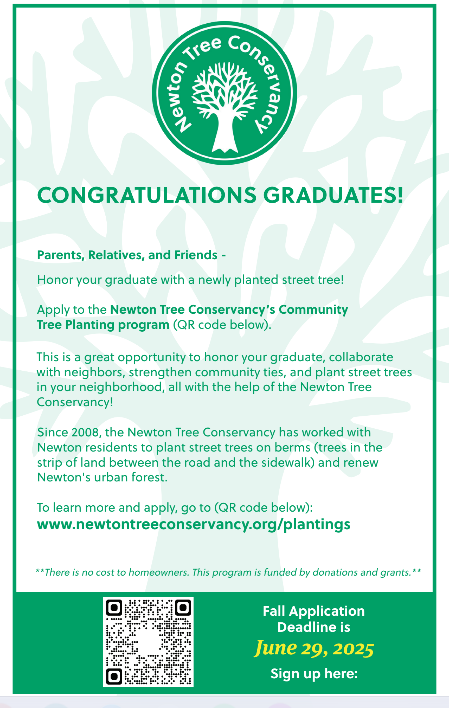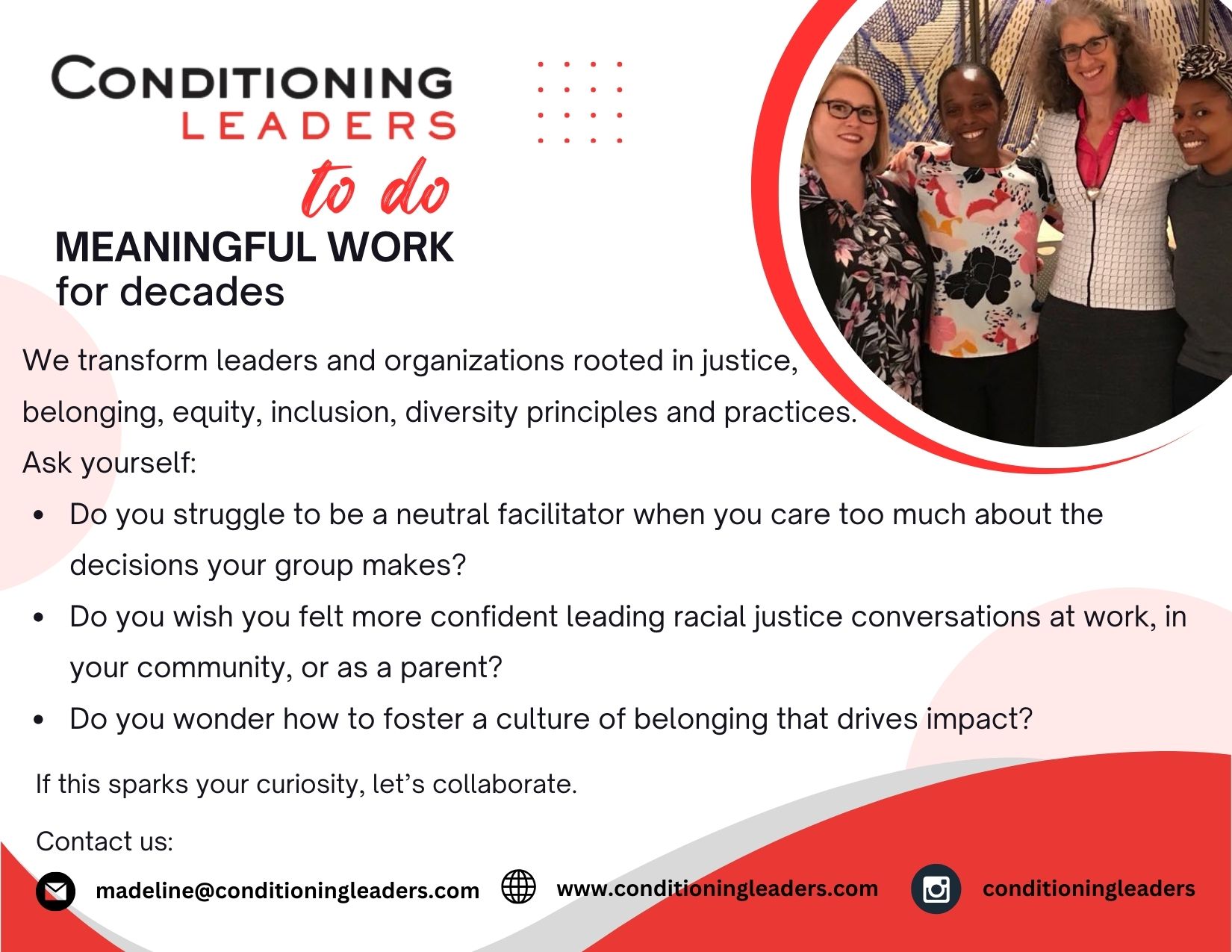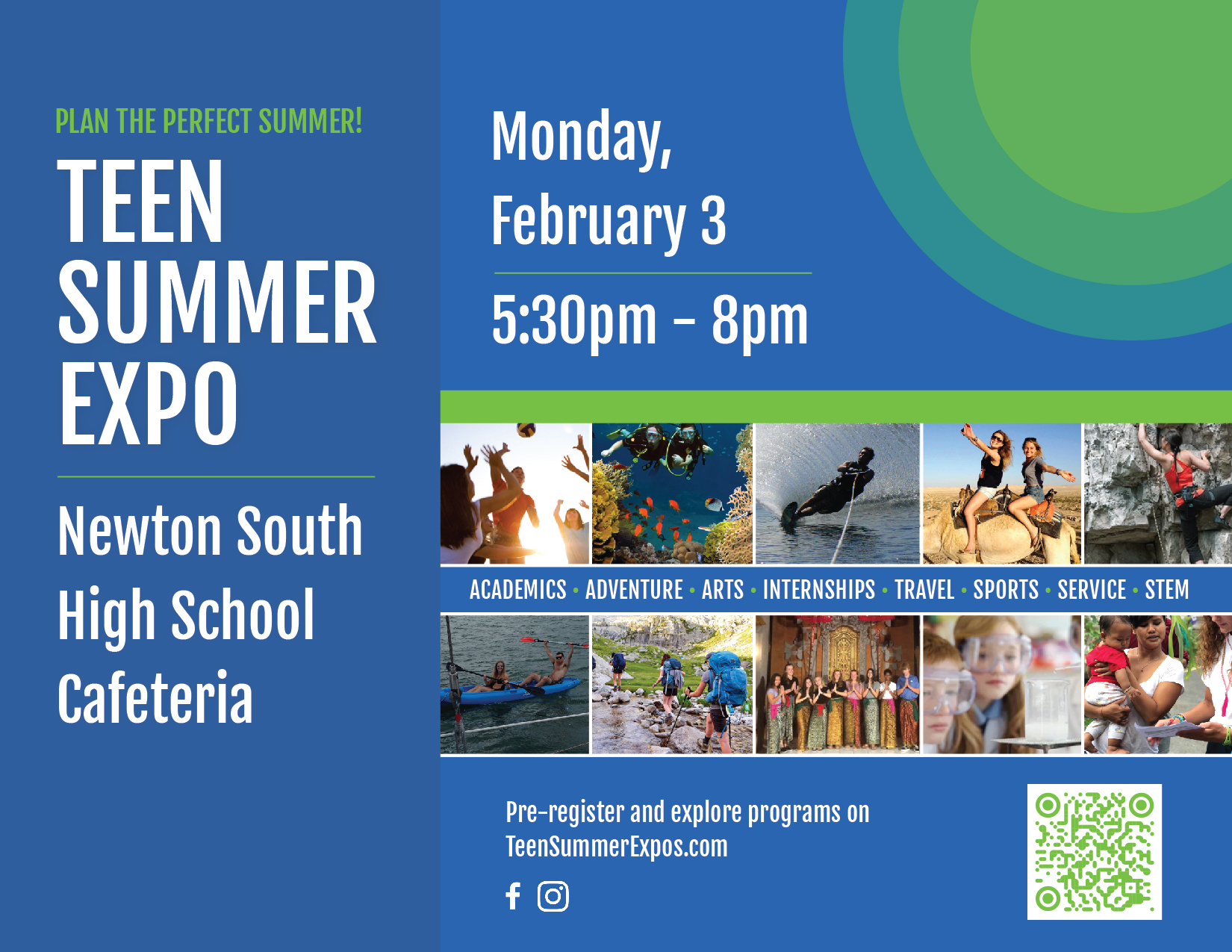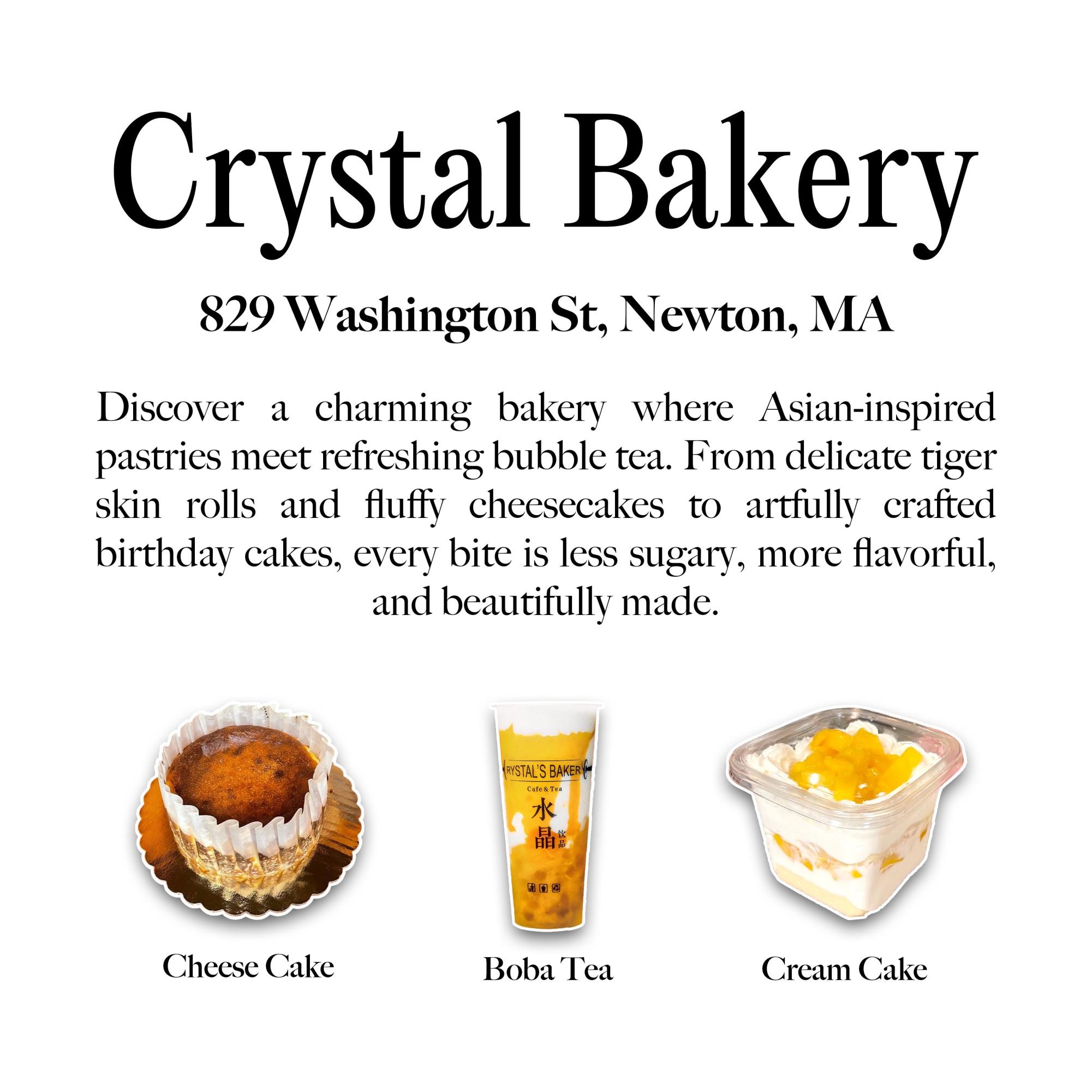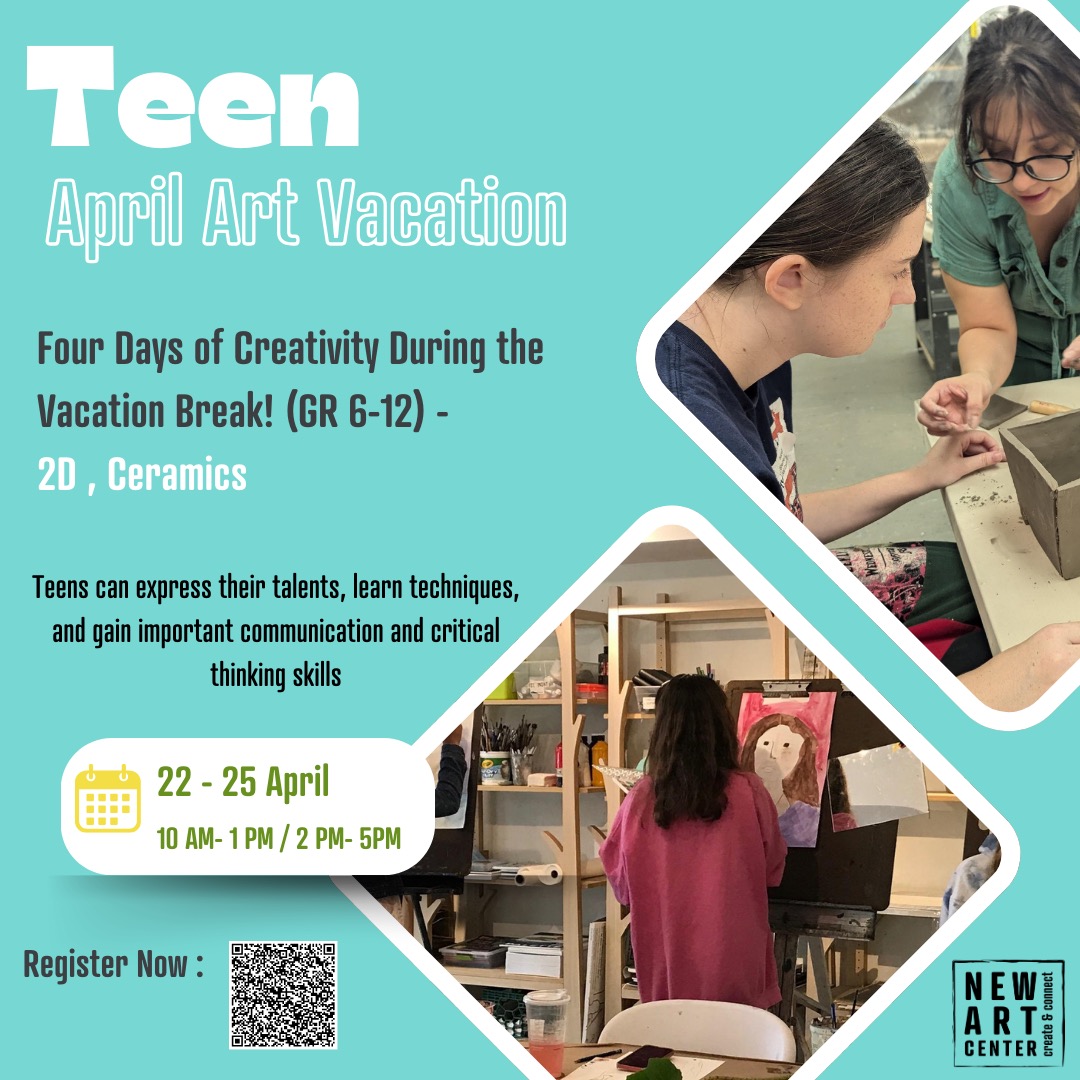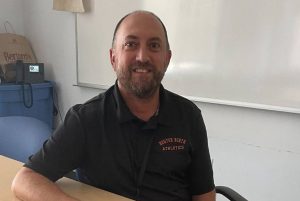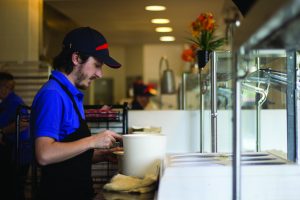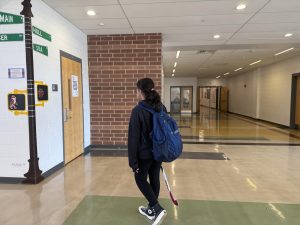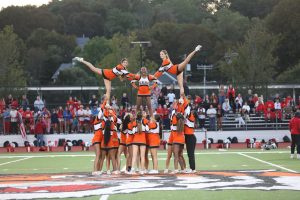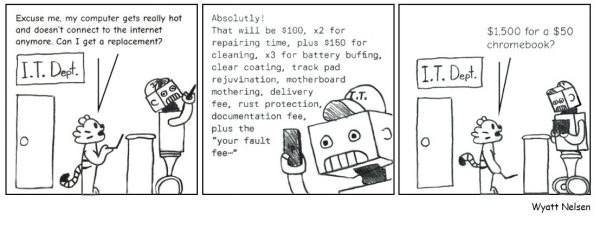Math Modeling Team become semi-finalists in Modeling the Future Challenge, advances to next phase
February 9, 2023
North’s math modeling teams participated in the Modeling the Future Challenge this year and are in preparation for the upcoming round of the competition where finalists will be announced Wednesday, March 22.
The North teams were announced as semi-finalists on Monday, Dec. 12. The annual Actuarial Foundation Modeling the Future Challenge combines math modeling, data analysis, and risk management into one competition. Members of the club learn new math concepts and complete research to become familiar with the problem they need to solve in preparation for the upcoming phase of the challenge.
“Our entire club was able to build up so quickly. I think a lot of the effort was thanks to the math department at North. We were able to gain a lot of members and find these opportunities,” said junior Yuhan Wu, an officer.
Teams must represent a real-world scenario by using math, collecting and processing data, and identifying risks to complete the task of creating and presenting models of how industries or technologies can affect the future.
All four North teams moved to the semi-finalist round after passing the Scenario Phase of the competition. In the Scenario phase students were given a description of a data set with which to answer 30 questions.
“The questions that we had to answer were about the leading causes of death, and we also had to rank in order the 10 biggest causes of death based on the data we were given,” said junior Youcef Chahboun, an officer.
To complete the task, students analyzed data and created a project proposal that they would develop later during the challenge. This process involved gathering data from government databases and using several types of programming to identify patterns and predict future patterns.
Teams are currently in the next phase of the challenge, which involves writing a 25-page paper, running research projects, and creating a model based on the project proposal they developed.
“The special thing about this type of competition is you get to meet with mentors in the applied math field. They give some really good advice to put us on trajectory on how to tackle the model,” according to junior Davis Rattanavijai, an officer. “We feel very grateful, and we’re just glad to have the opportunity to do the bulk of the work.”



